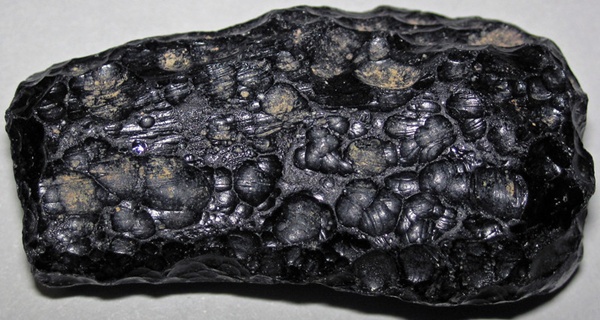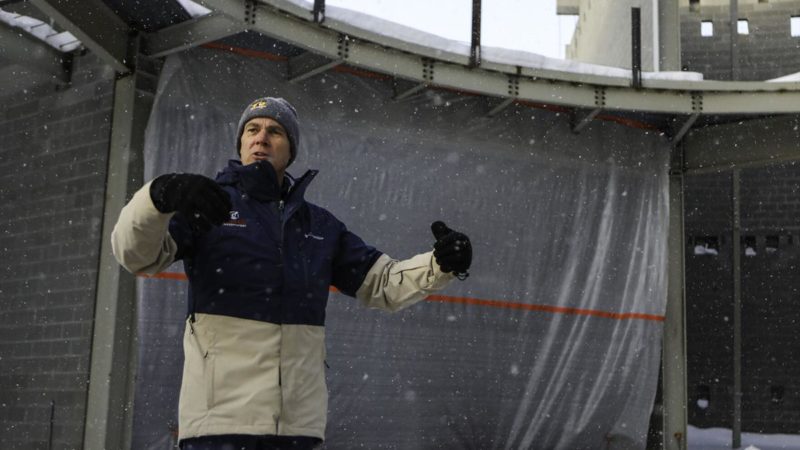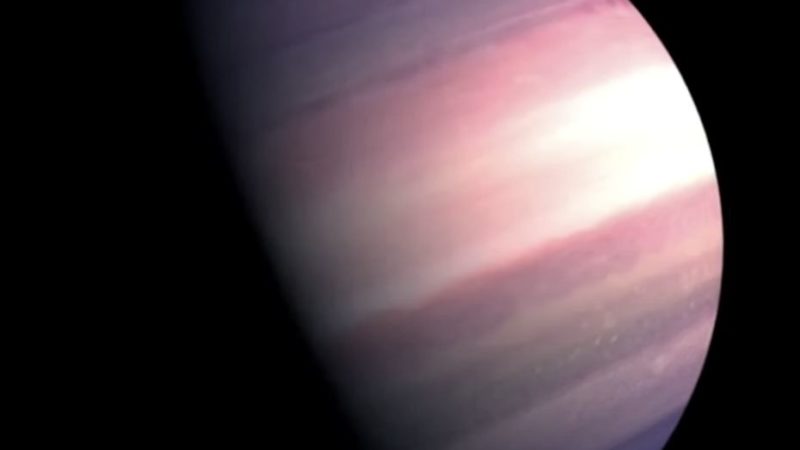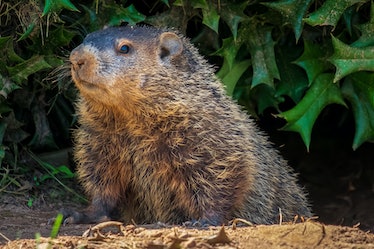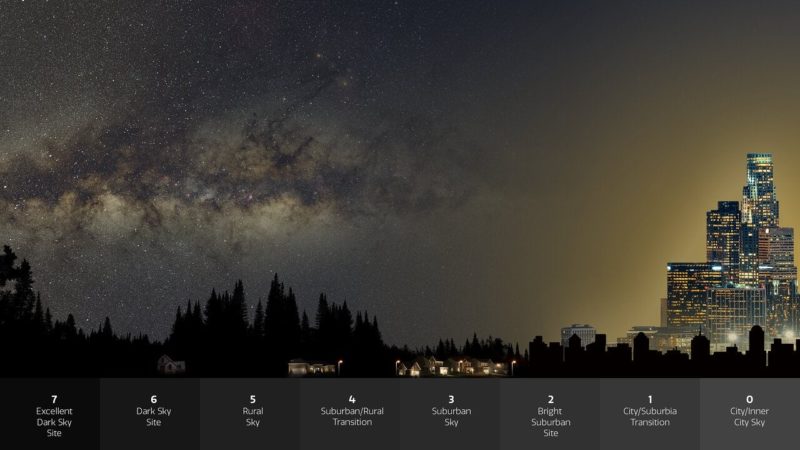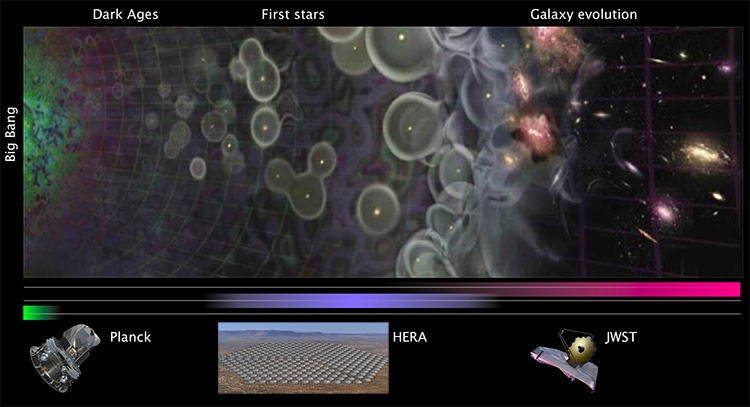Crater found from asteroid that covered 10% of Earth’s surface in deb – Astronomy Magazine
A piece of Indochinite tektite, a type of rock formed during the asteroid impact. This sample is about 1.7 inches (4.4 centimeters) across at its widest.
James St. John/Flickr
Most massive meteorites struck Earth so long ago their craters have almost completely eroded, Sieh says. But this impact was unusual in that it was huge and recent enough that the site where it hit should be identifiable. But with rocks from the impact spread across the world, zeroing in on the location proved difficult.
The site eluded geochemists for decades, but Sieh decided to take a new approach and look at satellite imagery from parts of the world where the meteorite might have hit. In the Bolaven Plateau in southern Laos, he found an expanse of flat, shallow rock formed from hardened lava, just thick enough to obscure a crater of this size.
In-person excavations found the lava dated to around the same time as the impact, while surrounding sediments were older. Additional gravity measurements also hinted at a crater below. Altogether it’s enough for Sieh to be confident he’s finally located ancient ground zero.
Anatomy of an apocalypse
With the help of Sieh and his team’s find, researchers now have a slightly clearer sense of what must have happened after the asteroid hit. Roughly a mile and a quarter wide, the rock would have opened a hole larger than San Francisco in a span of seconds.
The rock’s speed and force would have been enough to send pillow-sized boulders careening through the air at almost 1,500 feet per second. Sitting on the perimeter of the suspected impact site, these rocks are a tell-tale sign of a meteorite impact. “It would not have been a healthy thing to be on the receiving end of that,” Sieh says.
For now, Sieh wants to focus on some of the ashy material surrounding the meteor debris. The impact would have incinerated all plant and animal life within 300 miles of the impact site, and Sieh is curious how that kind of settling dust would impact all of us today. The odds of such an impact are extremely low, but still fascinate Sieh. “I’ve never worked on meteorites before, but I got sucked into this with my curiosity,” he says.
As for drilling down through the rock to confirm that this is in fact the site? “I’m 98 percent convinced we found it, but I’d be supportive of anyone who wanted to,” he says.
Related Content

5 Things That Will Help Keep Your Microbiome Healthy

The Steady State: When Astronomers Tried to Overthrow the Big Bang

These Sea Creatures See Without Eyes — But Only Sometimes
